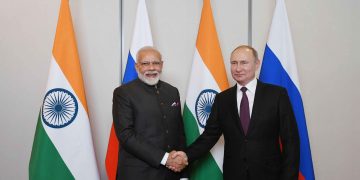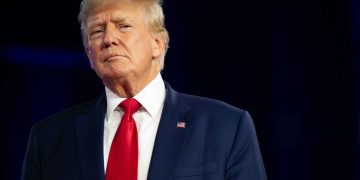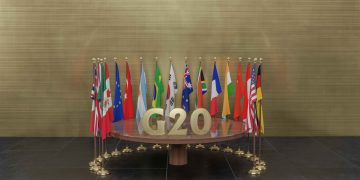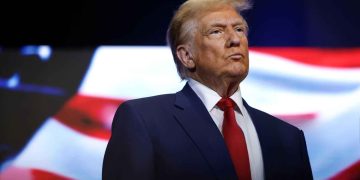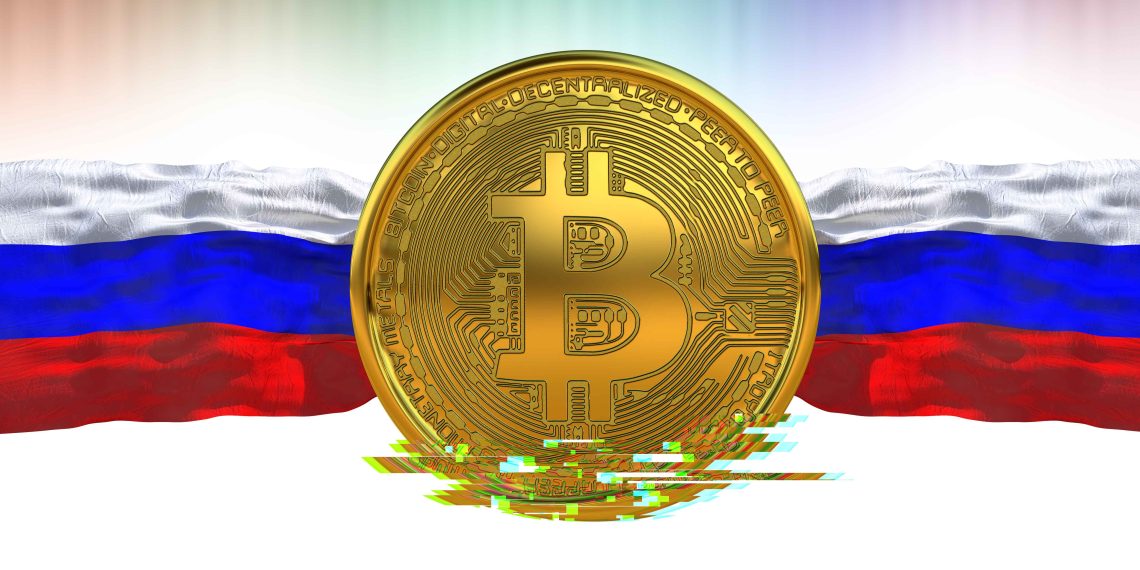Russia will continue developing the BRICS payment settlement system despite U.S. President-elect Donald Trump’s warning of imposing 100% import tariffs on nations undermining the dollar’s global dominance.
Trump recently urged BRICS member states to abandon efforts to replace or challenge the U.S. dollar as the leading global reserve currency. His statements raised concerns about potential trade penalties for countries supporting alternative currencies.
However, Russian Deputy Foreign Minister Alexander Pankin clarified the BRICS initiative’s goals, emphasizing that the group is focused on creating a settlement system rather than launching a new international currency. “Of course, it will continue,” Pankin told the RIA news agency, signaling Russia’s unwavering commitment to the project.
A Push for Financial Independence
The BRICS payment system aims to reduce dependency on the U.S. dollar for cross-border transactions among member countries—Brazil, Russia, India, China, and South Africa. By facilitating trade settlements in national currencies, this initiative could shield BRICS economies from external financial pressures and strengthen their collective economic resilience.
Implications of Trump’s Stance
Trump’s aggressive tariff warning underscores the U.S. concern over declining dollar hegemony. His administration’s stance reflects a broader strategy to safeguard the dollar’s influence in international trade and financial systems.
Despite these threats, BRICS nations have increasingly pursued alternatives to the dollar, driven by geopolitical tensions and the desire for economic autonomy. The BRICS settlement system is viewed as a critical step toward diversifying global financial mechanisms.
Russia’s determination to advance the BRICS payment system highlights the group’s long-term vision of economic cooperation and financial independence. While U.S. policy under Trump could complicate these efforts, BRICS members appear committed to pursuing a multipolar financial landscape.
This ongoing development underscores a significant shift in global economic dynamics, with BRICS at the forefront of challenging the traditional dominance of the U.S. dollar.






